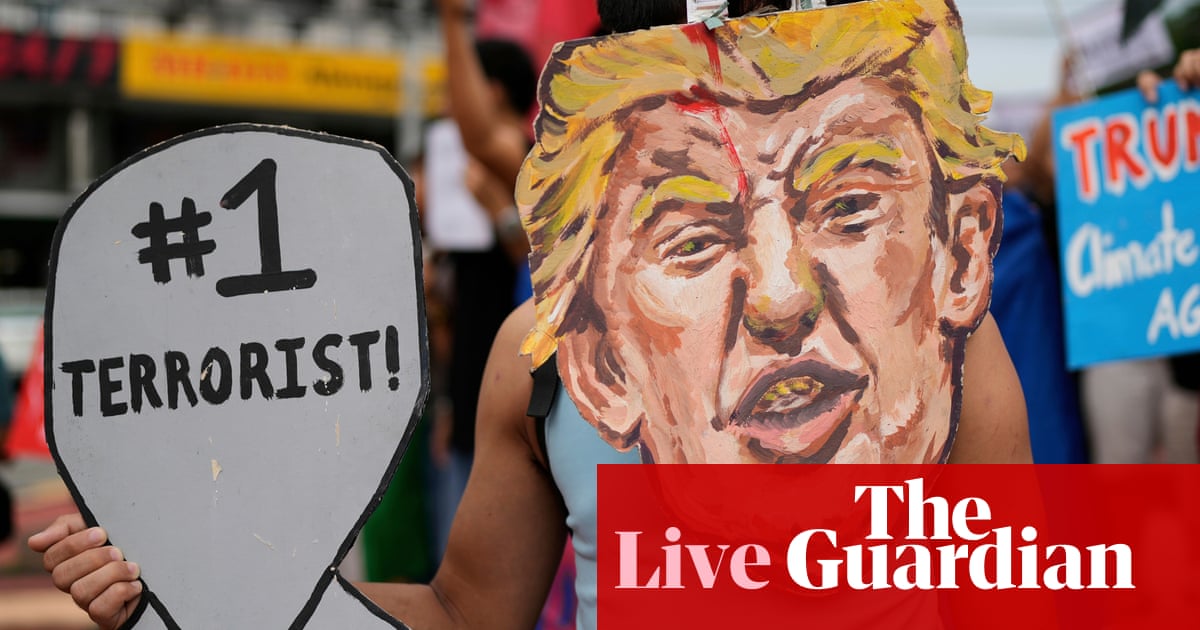MOSCOW – In a pivotal diplomatic move, Iranian Foreign Minister Abbas Araqchi arrived in Moscow to engage in crucial discussions with Russian President Vladimir Putin amid escalating tensions in the Middle East. The visit comes as geopolitical dynamics shift following recent military actions involving Iran, Israel, and the United States.
Immediate Impact of Araqchi’s Visit
The talks between Araqchi and Putin are expected to focus on “common threats” facing both nations, as reported by Iranian news agencies. This diplomatic engagement underscores the growing alliance between Tehran and Moscow in response to increasing Western pressures.
Key Details Emerge from Recent Developments
Iran’s parliament recently voted to close the strategic Hormuz shipping channel, a decision that, while not binding, has already sent shockwaves through global oil markets. The Strait of Hormuz is a critical maritime chokepoint through which a fifth of the world’s oil consumption passes.
Brent crude prices have surged over 10% since mid-June, reaching approximately $77 per barrel. Analysts predict further increases as markets react to the geopolitical instability.
Military Escalations in the Region
Following US strikes on Iranian nuclear sites, air defenses have been activated in Tehran. The Israeli military has also engaged in attacks on Iranian targets, escalating fears of a broader conflict. The United Nations has called for restraint, warning of the potential for a “cycle of destruction.”
Industry Response and Economic Concerns
Oil prices have reacted sharply to the tensions, with Brent and WTI crude contracts experiencing significant gains. The potential closure of the Strait of Hormuz could further exacerbate these trends, impacting global oil supply and prices.
Oil prices surged more than 4% in early trading, reaching their highest levels since January.
Global Reactions and Diplomatic Efforts
International responses have been swift, with nations like New Zealand and France preparing evacuation plans for their citizens in the region. The United States has issued a global warning to its citizens, advising increased caution amid potential demonstrations.
What Comes Next for Regional Stability
The diplomatic efforts by Iran and Russia signal a potential shift in regional alliances. As talks progress, the international community watches closely for any signs of de-escalation or further conflict. The outcomes of these discussions could have profound implications for Middle East stability and global economic conditions.
Expert Analysis on the Situation
According to geopolitical analysts, the situation presents both risks and opportunities. The alignment between Iran and Russia could counterbalance Western influence, but it also risks further isolating Tehran. The calls for diplomacy and dialogue remain critical to avoiding further escalation.
Background Context on Recent Events
The current tensions trace back to a series of military actions, including Israeli strikes on Iranian nuclear facilities and subsequent US involvement. These developments have reignited longstanding geopolitical rivalries and have drawn international condemnation and concern.
The UN Secretary-General has warned against a “perilous turn” in the region, urging all parties to return to dialogue.
Regional Implications and Future Outlook
The strategic decisions made in Moscow could redefine power dynamics in the Middle East. As Araqchi and Putin deliberate, the world awaits the potential outcomes that could either stabilize or further destabilize the region.
The unfolding events in Moscow will be closely monitored, with hopes for a diplomatic resolution that addresses the underlying tensions and fosters long-term peace and stability in the region.
